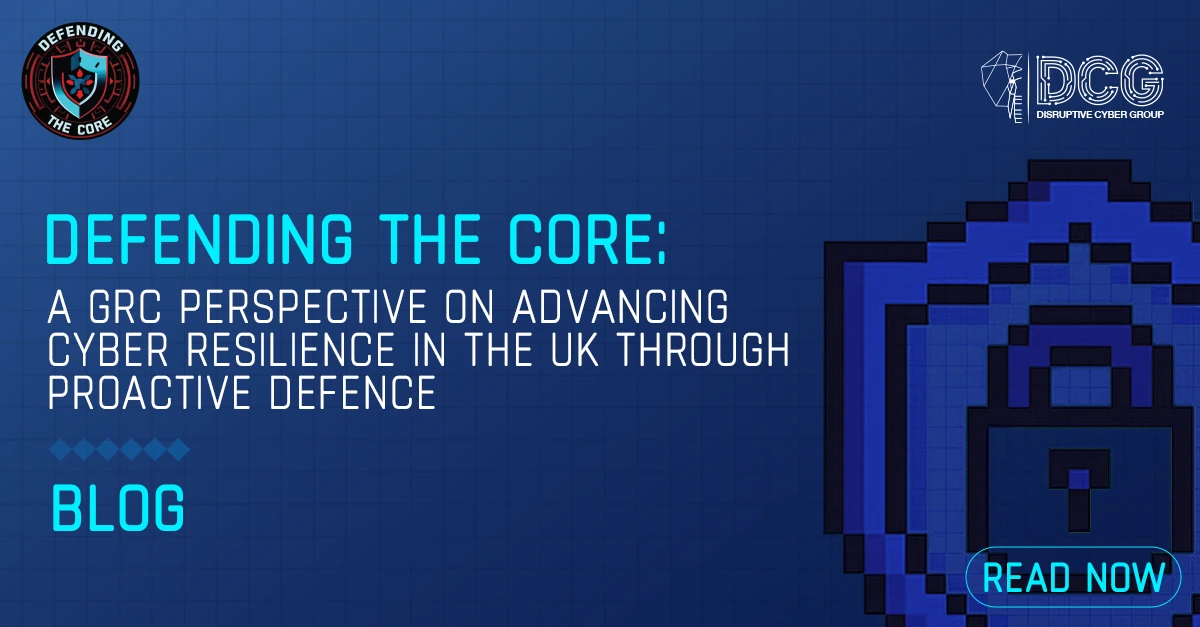
Cyber security has evolved from a technical concern to a significant business issue. With a substantial increase in cyber attacks and tightening regulations in the United Kingdom, businesses must proactively comply with national cyber security frameworks. This is essential for protecting themselves and their customers.
The repercussions of failing to comply with cyber security regulations in the United Kingdom can lead to:

UK General Data Protection Regulation (UK GDPR)
Following Brexit, the UK retained the GDPR framework, modified for UK conditions. The Information Commissioner's Office (ICO) administers UK GDPR and its principal focus is on data protection principles, the rights of individuals and obligations of organisations processing personal data.
After Brexit, the UK kept its unique version of GDPR. It is enforced by the Information Commissioner's Office (ICO) and sets out a framework of data protection principles and rights for individuals over their data. Businesses will need to ensure that they are processing information lawfully, fairly, and transparently.

In the King’s Speech back in July, the government announced this new bill that is set to make some substantial changes to the UK’s cyber-related legislation. The government aims to:
In 2025, it is expected that the Bill will be introduced into Parliament.
The Online Safety Act came into effect in October 2023 establishing a duty of care for online platforms to ensure, so far as reasonably practicable, that users get (appropriate) protection from harmful content - especially children. The act predominantly targets social media platforms and user generated content platforms but other business providing digital interactions similar to these platforms will be subject to this act too.
Critical elements:
The NIS Regulations are designed to enhance cyber resilience to the essential services operators (e.g. energy, health, transport) and digital service providers.
From the end of 2023 onwards, the Cyber Security and Resilience Bill will amend and broaden the scope of NIS to include:
Develop a Strong Cyber Security Framework
Consider using established frameworks, such as:
Cyber Essentials: Supported by the UK government, Cyber Essentials is a certification scheme designed to help organisations protect themselves against common cyber threats.\
ISO/IEC 27001: ISO/IEC 27001 refers to an international standard that helps organisations manage sensitive company information. ISO/IEC 27001 outlines a systematic approach to managing sensitive information so that it remains secure.

As cyber threats continue to evolve, businesses in the UK need to stay ahead of these threats and the evolving regulatory landscape, which creates obligations businesses have to comply with. Knowing the primary regulations, implementing strong cyber security practices, and promoting a culture of regulation and awareness will help drive out cyber risks while maintaining the trust of their customers and stakeholders.

Zero Trust Evolution: Adapting to Cloud, Microservices & Compliance

AI and Cyber Security: The Hype vs. Reality for the Mid-Market

Cyber Security Strategy for UK SMEs: A 2025 Playbook from the team at DCG

Defending the Core - A GRC Perspective on Advancing Cyber Resilience in the UK Through Proactive Defence
Join industry leaders on cyber projects to create a global impact and ensure a secure digital future.